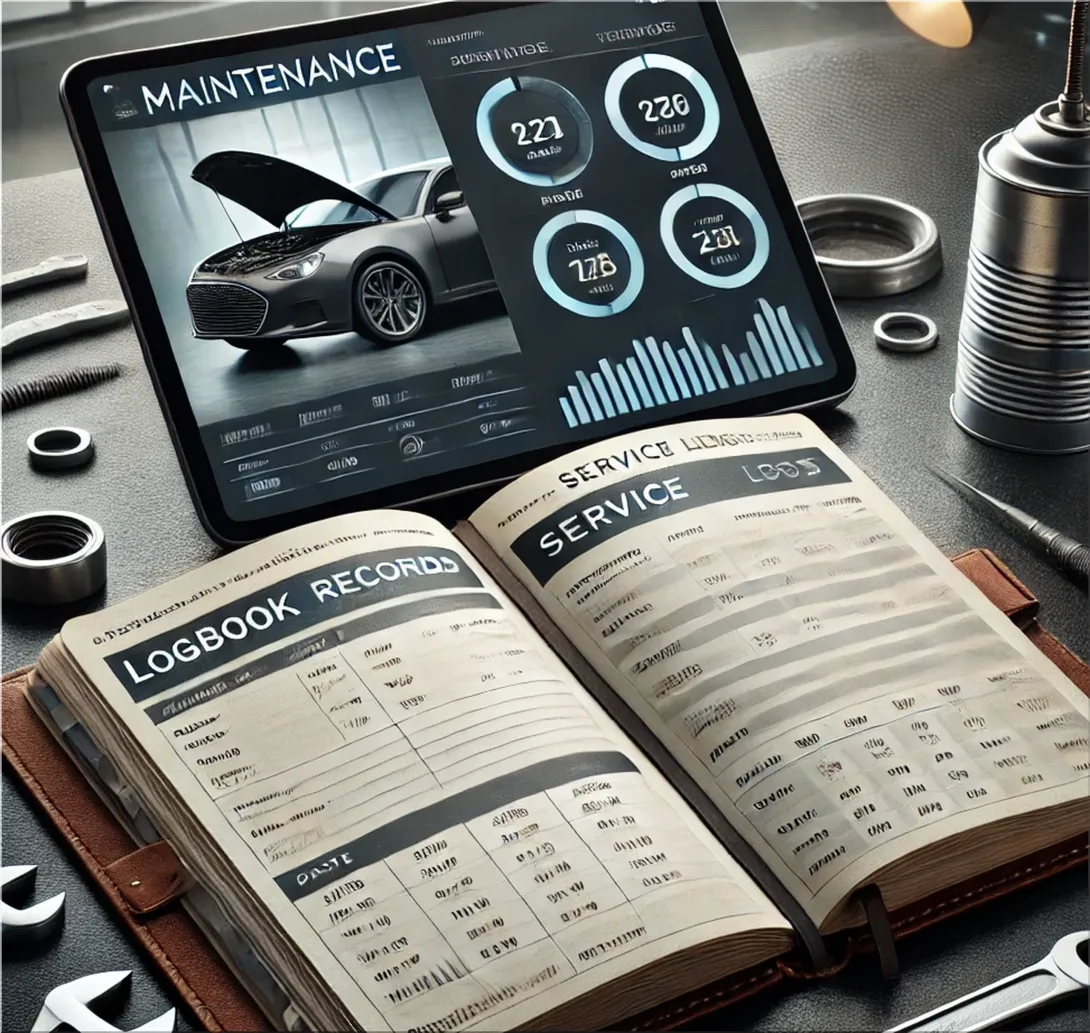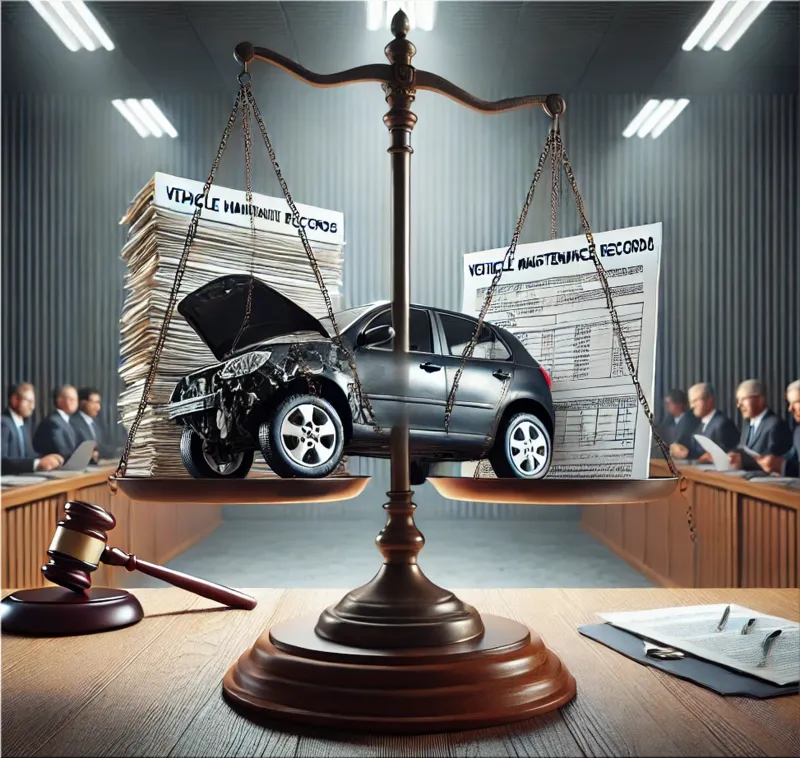In car accident lawsuits, vehicle maintenance records can be critical pieces of evidence. These records provide documented proof of a vehicle’s condition before and after a crash, which can influence liability decisions. Proper maintenance logs can strengthen claims for both plaintiffs and defendants by showing that required repairs were completed or neglected.
Maintaining a vehicle is not only essential for safety but also crucial from a legal perspective. In the event of a car accident, these records can play a decisive role in determining liability, insurance claims, and even court verdicts. This article explores how vehicle maintenance logs can impact legal proceedings and why they matter.
Common Maintenance-Related Legal Issues
Certain maintenance failures frequently appear in car accident lawsuits due to their direct impact on vehicle safety. Some common examples include:
Brake Failure
Malfunctioning brakes can cause rear-end collisions or intersection crashes. If maintenance logs show that brakes were regularly inspected and serviced, liability may shift away from the vehicle owner. For example, a driver involved in a crash due to brake failure could avoid liability if they can produce records proving timely brake maintenance.
Tire Wear and Damage
Worn-out or improperly inflated tires can lead to blowouts and loss of vehicle control. Maintenance records documenting regular tire inspections and replacements can demonstrate responsible vehicle upkeep. In cases where tires fail unexpectedly, these logs may direct blame toward the tire manufacturer instead of the vehicle owner.
Steering and Suspension Issues
Defective steering or suspension systems can result in loss of control, contributing to accidents. Proof of regular service checks may exonerate drivers from fault. If maintenance records show persistent issues reported but not properly fixed, liability could shift to the repair service.
How Service Logs Prove Proper Vehicle Care
Maintenance records can be compelling evidence that a vehicle owner took reasonable steps to keep their vehicle safe and roadworthy. These logs typically include:
- Service Dates and Details: Indicating what work was done and when.
- Mechanic Certifications: Showing that qualified professionals performed the maintenance.
- Replacement Parts Information: Verifying the use of proper replacement parts.
Courts often view detailed maintenance records as credible proof that the vehicle was properly maintained, reducing the owner's liability in mechanical failure-related crashes. For instance, if a faulty part caused an accident but the owner regularly serviced the vehicle, the manufacturer might be held accountable instead.
Records as Defense Evidence Against Negligence Claims
Vehicle owners can use maintenance records as a defense against negligence claims. For example:
Proactive Maintenance
Demonstrating proactive maintenance may counter claims of recklessness or gross negligence. If a plaintiff accuses a vehicle owner of neglecting essential repairs, detailed records showing timely service can weaken that argument.
Manufacturer Liability
If a vehicle part failed despite regular maintenance, the manufacturer might bear liability instead of the driver. Records showing consistent servicing can highlight manufacturing defects that otherwise might go unnoticed.
Insurance Claims Support
Insurance companies often review maintenance records to validate claims, ensuring that drivers were not at fault due to poor vehicle upkeep. In complex claims, providing a comprehensive service history can expedite claim approvals and improve compensation prospects.

